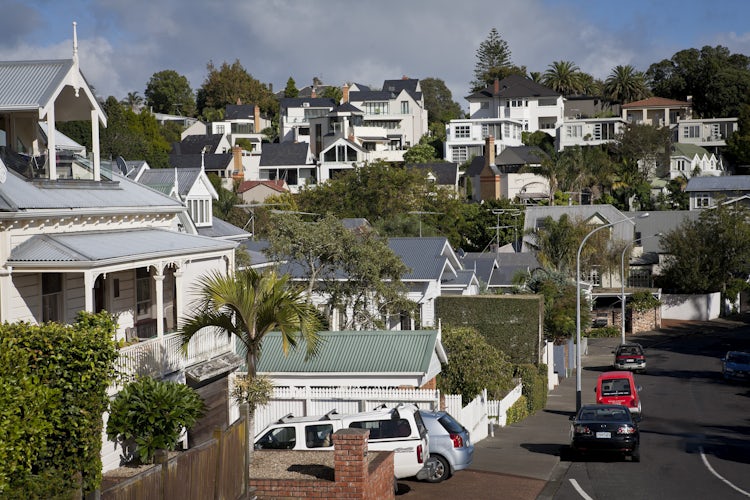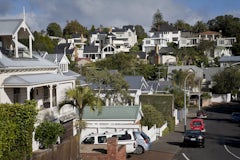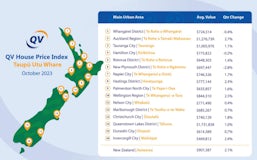Bucking a 30-year trend: Income rises set to outpace house price rises, saying goodbye to the foreign buyer ban, and has a balance been struck in the rental market?
Too long; didn't read? Here're this week's TLDRs...
Mortgage Rate Decisions Crucial Amidst Market Changes
Read the article
Limited Decline in Mortgage Rates Expected for 2025
Read the article
Borrowers Refixing in February to Gain from Rate Drops
Read the article
Key Mortgage Market Developments and Trends
Read the article
Economists Predict Modest House Price Growth in 2025
Read the article
Government Policies May Halt House Prices Outpacing Incomes
Read the article
Potential Easing of Foreign Buyer Ban on High-Value Homes
Read the article
Auckland's Residential Construction Slows Amid Fewer Consents
Read the article
Home Ownership Rate Declines to 67% in Q4 2024
Read the article
Rental Market Remains Stable Ahead of Busy Summer
Read the article
Buyer Interest on Trade Me Property
Read the article



